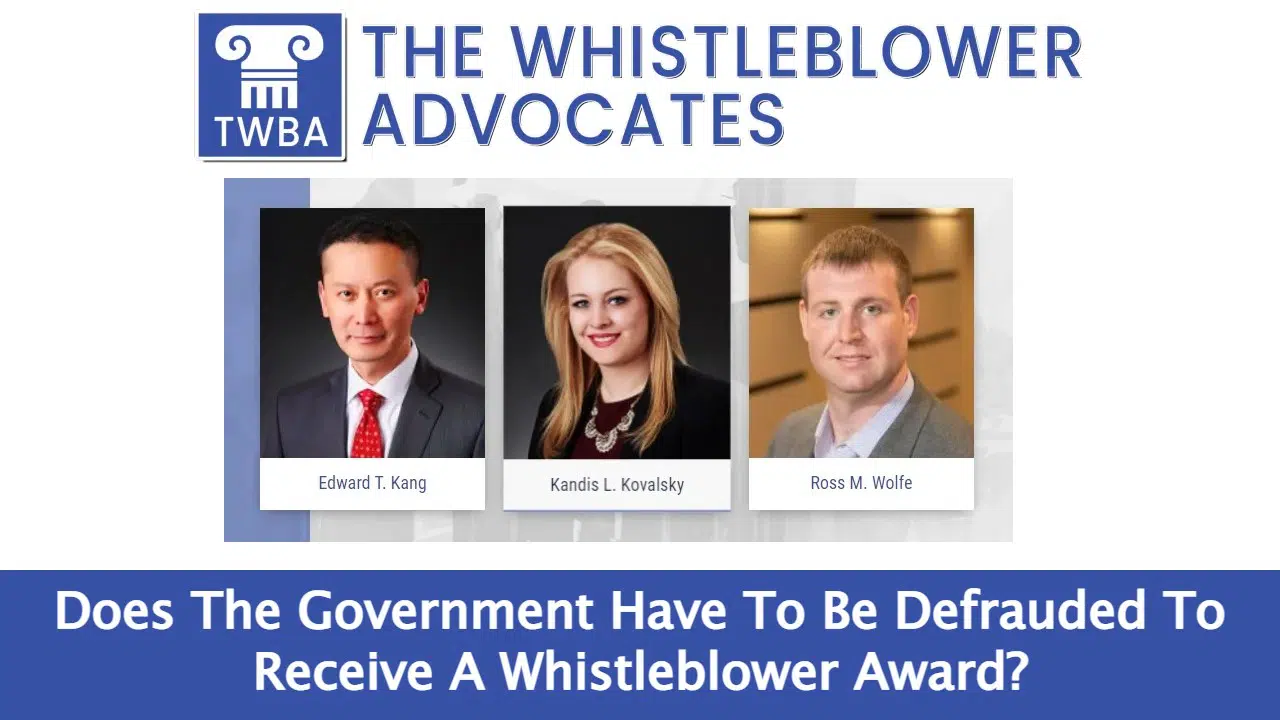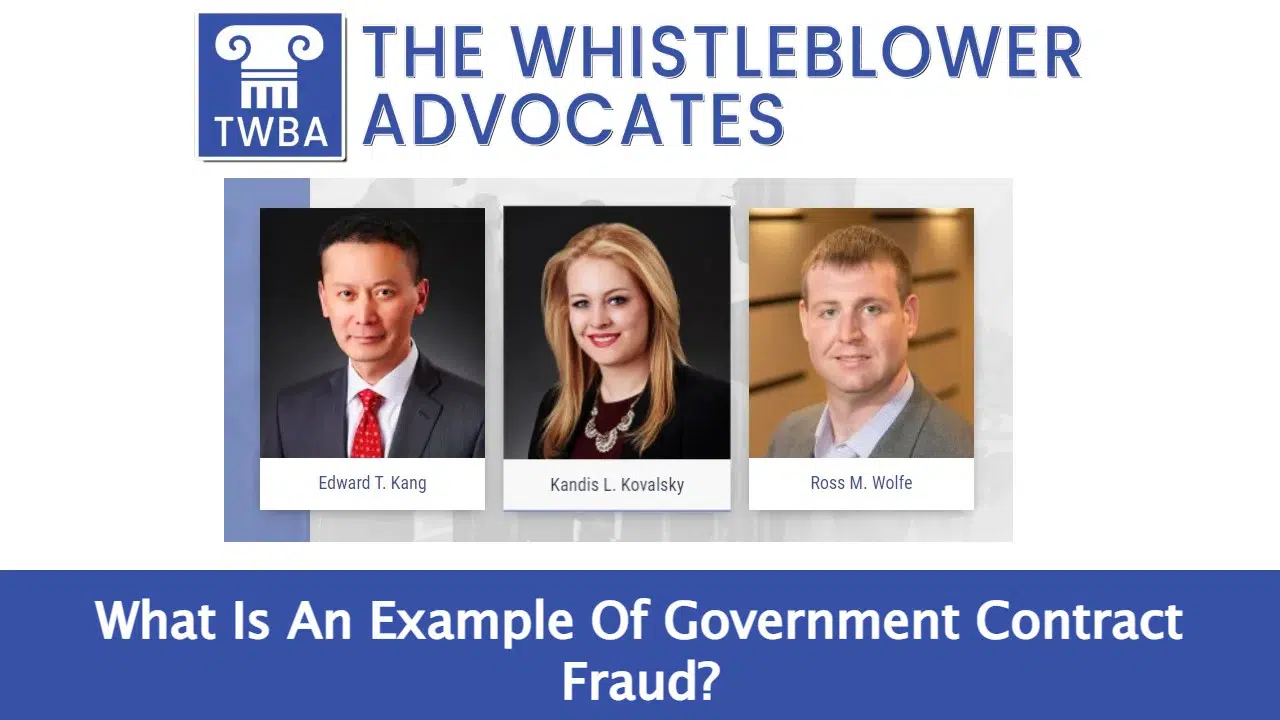Federal and state governments award billions of dollars in contracts to private businesses each year. These contracts come with requirements for both obtaining the contract and for performing under it. When a company is awarded a government contract but it either lied to meet the requirements to obtain the contract or failed to properly perform under the contract, the government has been defrauded. That is because the government did not get the benefit of the bargain promised by the contractor. Through qui tam actions under the False Claims Act, the government and private citizens have worked together to combat fraud committed by bad actors.
This type of fraud occurs when the contract is obtained through some type of fraud or misrepresentation. For example, a company commits fraud when it bribes a government official to induce them to get the contract. Other examples include misrepresenting a business’s eligibility or qualification to be awarded the contract. This commonly occurs when government contracts are reserved for minority or female owned businesses and a company lies about its ownership structure, falsely asserting it meets the eligibility requirements, in order to be awarded the contract.
Government contracts normally require contractors to certify that they are in compliance with certain contract requirements and laws to receive payment. For example, President Biden signed an Executive Order raising the minimum wage to $15.00 for workers performing work on government contracts. If a contractor certifies that all workers on the contract received $15.00 but that certification is false, the contractor is liable under the False Claims Act and is not entitled to payment.
Other examples of government contract false certification fraud include billing the government for inadequate products or services that do not meet the standards stated in the contract with the government. However, as with all fraud on the government, the type of fraud that can occur is limitless.


We serve clients throughout the Delaware Valley including, but not limited to, those in the following localities: Pennsylvania including Berks County, Bucks County, Chester County, Delaware County, Montgomery County, and Philadelphia.
Contact Us | The Whistleblower Advocates
Privacy Policy | Terms of Service
Please do not include any confidential or sensitive information in a contact form, text message, or voicemail. The contact form sends information by non-encrypted email, which is not secure. Submitting a contact form, sending a text message, making a phone call, or leaving a voicemail does not create an attorney-client relationship.
Copyright © The Whistleblower Advocates. All Rights Reserved